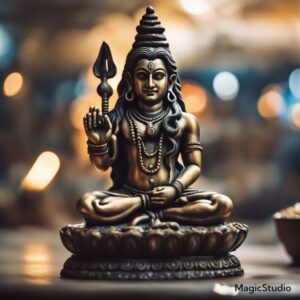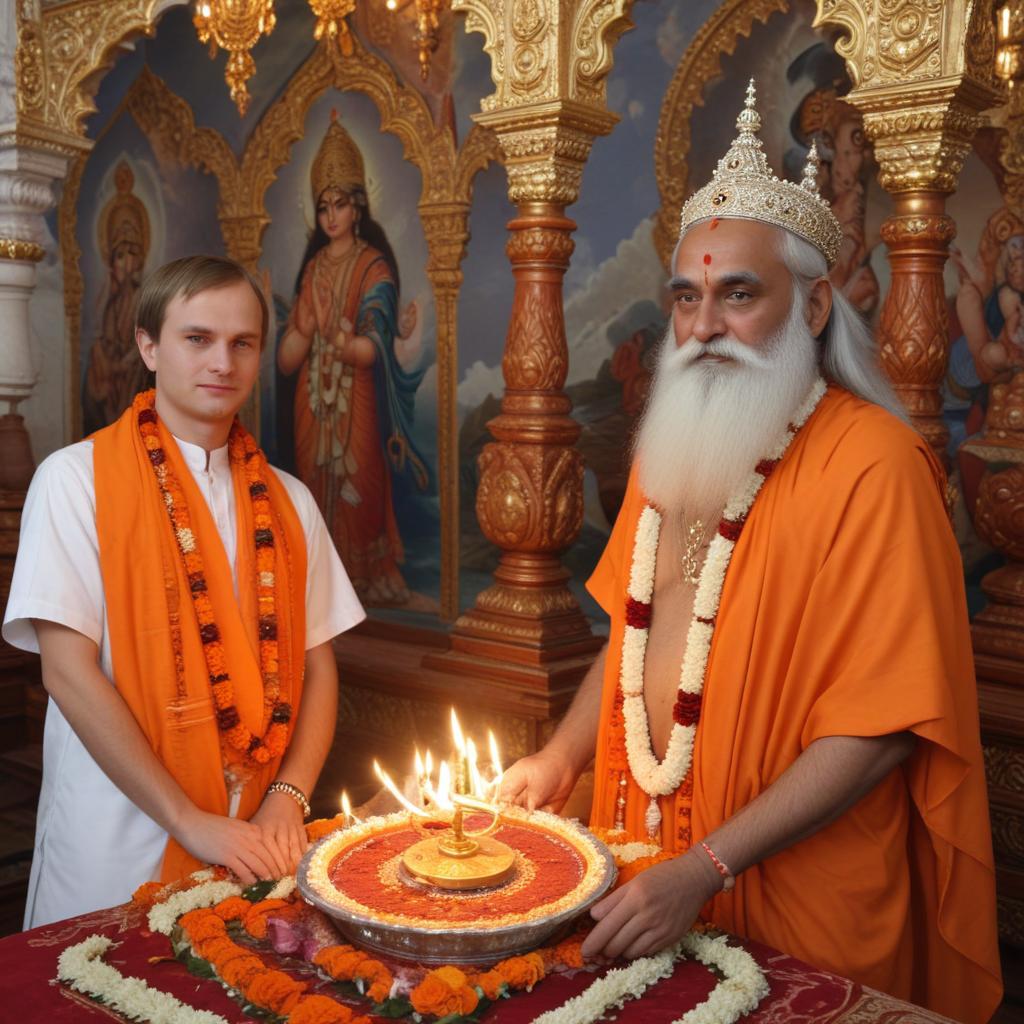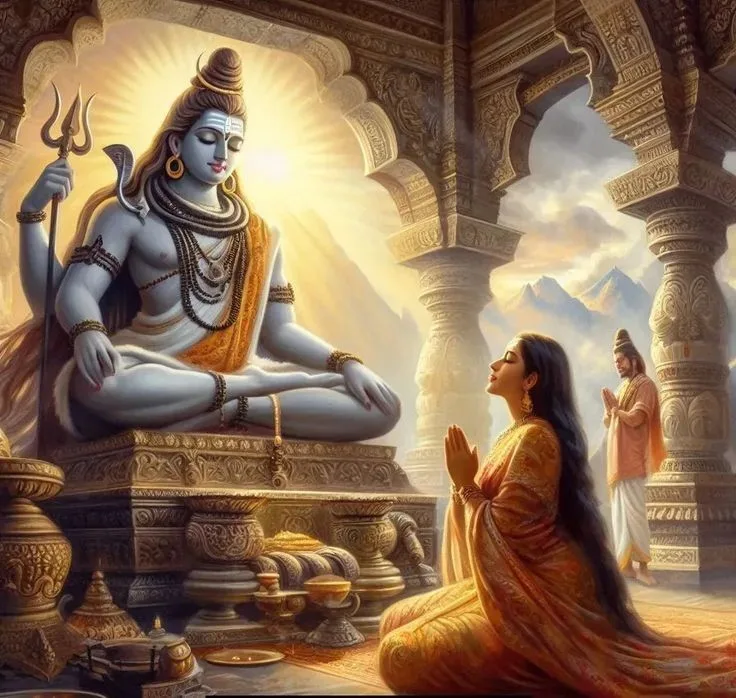In the grand tapestry of the Mahabharata, the presence of Lord Shiva, or Mahadev, looms large, symbolizing the divine interplay of destruction and creation. His influence permeates the epic, often guiding and empowering the central characters.
One of the most profound moments occurs during the Kurukshetra War. As the Pandavas prepare for battle, their hearts are heavy with the weight of fratricide. Arjuna, filled with doubt and despair, turns to Krishna, who reveals the deeper truths of dharma. Yet, it is Shiva who provides the ultimate boon, manifesting as a mysterious Brahmin to grant Arjuna the Pashupatastra, a celestial weapon of immense power.
The story begins in the forest, where the Pandavas are exiled. They encounter the sage Durvasa, known for his fiery temper. To honor the sage, the Pandavas prepare a lavish feast. However, when the sage demands a meal after their resources are exhausted, they fear his wrath. In their moment of despair, they turn to Lord Shiva, praying fervently for sustenance.
Moved by their devotion, Mahadev manifests a divine cow, Kamadhenu, which provides endless food. The feast is a success, and Durvasa is pleased, blessing the Pandavas with strength and victory. This event showcases Shiva’s role as a protector and benefactor, reinforcing the bond between divine grace and human effort.
As the war unfolds, Bhima, the mightiest of the Pandavas, faces Duryodhana in a duel. The battle is fierce, but Bhima struggles against Duryodhana’s formidable prowess. In a moment of desperation, he remembers Shiva’s blessings and invokes Mahadev’s strength. With renewed vigor, Bhima channels divine energy, ultimately triumphing over his foe.
In the final act of the Mahabharata, as the dust settles over Kurukshetra, Yudhishthira, the righteous king, ascends to heaven. There, he encounters the spirits of those lost in the battle. Overwhelmed with guilt, he yearns for forgiveness. Mahadev appears to him in a vision, imparting wisdom about the cycle of life, death, and rebirth. He reminds Yudhishthira that dharma often requires difficult choices, and that true righteousness lies in understanding the greater cosmic balance.
Thus, Lord Shiva, the eternal guardian, embodies the essence of the Mahabharata, reminding us of the interplay between duty and divinity, and the enduring power of faith in the face of turmoil. His glory is not just in his might but in his unwavering support for those who walk the path of righteousness.









